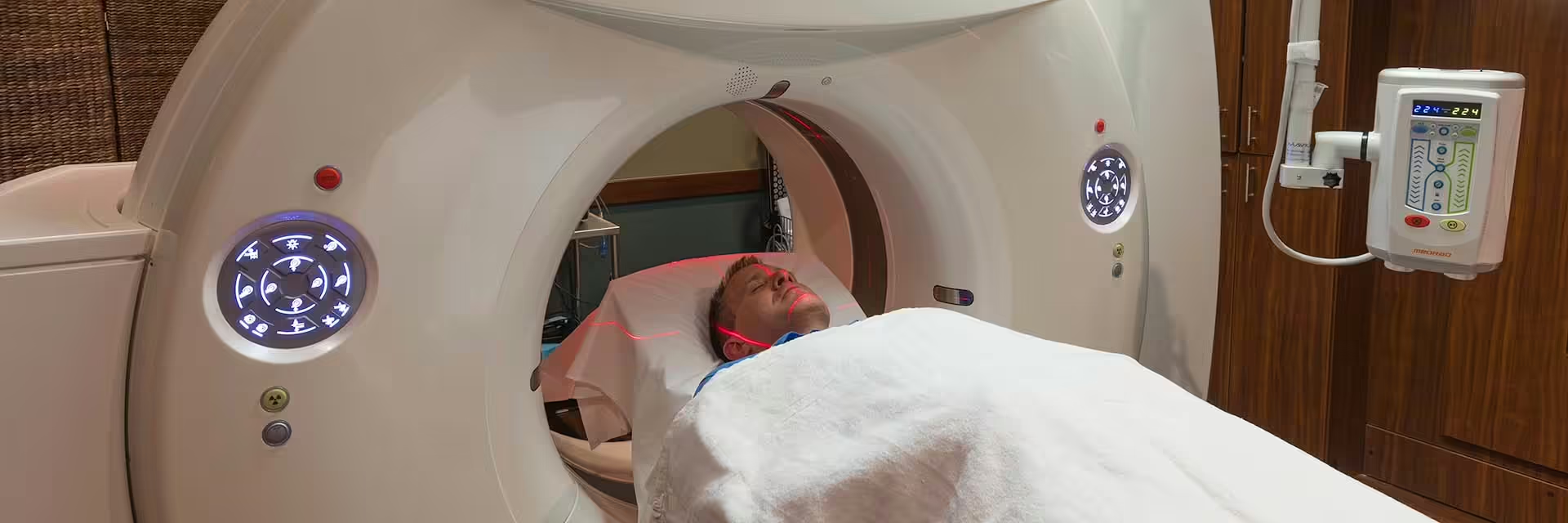Below are questions patients ask most often. If you don’t see your question here, just ask – we will be happy to answer.
Should I have a CT scan if I’m pregnant?
Be sure your healthcare provider knows you’re pregnant. Together, you can decide whether or not you should be exposed to radiation.
Do I have to check into the hospital?
As an outpatient, you usually don’t have to be admitted to the hospital for imaging services. Simply check in at the outpatient registration desk before coming to the imaging department.
Do CT scans hurt?
There’s no discomfort from a CT scan itself. However, some people may feel anxious when entering the scanner or experience some discomfort after being given the contrast medium.
What’s a contrast medium?
Contrast medium is a substance given by mouth, injection, rectum or stoma (a surgically-created opening on the surface of the abdomen) during an imaging procedure. It highlights certain areas of the body, making results more readable. Some people may experience an allergic reaction to contrast medium, so it’s important to tell your healthcare provider if you have any allergies, particularly to iodine. An itching sensation or shortness of breath may mean an allergic reaction. Other potential reactions include flushing, nausea, headache or a salty taste in the mouth.
Can pregnant women have MRI scans?
Since the long-term effects of MRI are not fully understood, pregnant women are usually advised not to have MRI scans. However, an MRI may be recommended in some cases.
How long does an MRI scan take?
The total amount of scanning time ranges from 20 to 45 minutes.
Can people with metal implants be scanned?
The answer to this question depends on each individual patient. Your safety is our highest priority, so you will be fully screened before your MRI scan begins. This screening includes questions regarding implantable devices, such as pacemakers. If a scan is not safe, it will not be performed.

